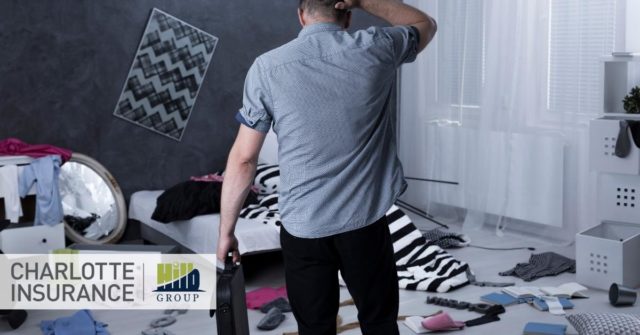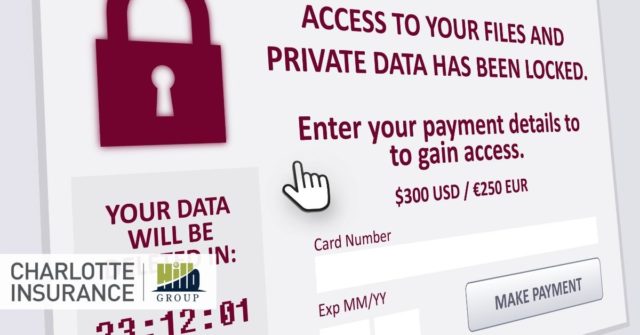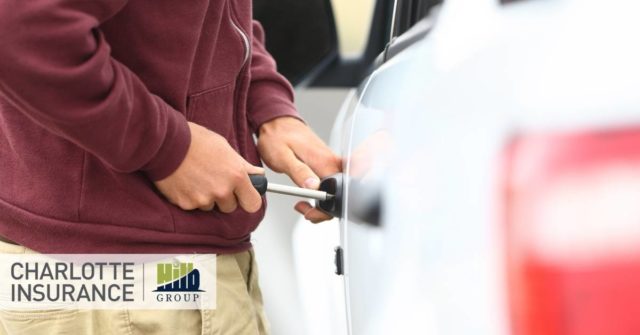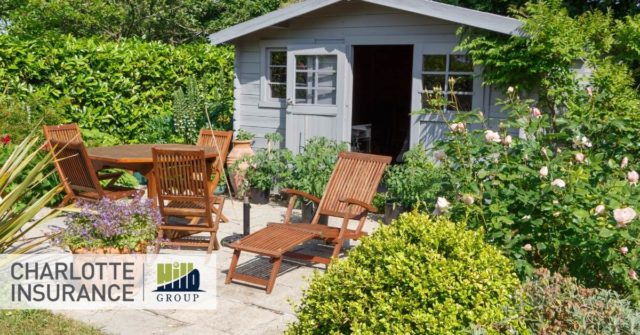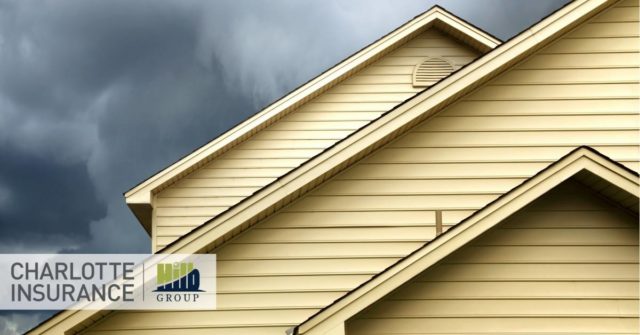Ever gotten into your car and realized your stuff is gone? Walked into your apartment and found a gaping hole where your TV or computer should be? Did someone walk off with your laptop in a coffee shop?
Theft can be overwhelming from a personal security standpoint and financially devastating when you need to replace what’s gone. You might wonder what recourse you have if you rent instead of own.
If you’ve got renters insurance, that theft may be covered.
How Renters Insurance Covers Theft
Twenty-seven percent of thefts occur from vehicles, while ten percent happen in buildings (like single-family houses and apartments). For those with renters insurance, you’re usually protected either way because both in-home theft and theft outside of your living space are covered.
Renters insurance breaks down into three main parts:
- Liability protection – for third parties who get hurt or suffer damage while on your property.
- Personal property coverage – this covers all of your possessions.
- Additional living expenses – you’re covered when you can’t live in your rental because of another covered claim.
Your personal property coverage is used for theft claims. When you purchase renters insurance, you select a policy limit for your personal property, usually based on how much you think it would cost to replace everything you own. A common personal property coverage limit is about $30,000. Though it can be more or less depending on your needs.
Special Limits for Theft
In renters insurance policies, there are special limits designated for theft of items from certain categories: electronics, collectibles, and jewelry. Those limits can be set much lower than the overall personal property limit. It may be $1000 or $1500 per claim. If you know your electronics or jewelry are worth more than that limit, you’ll need to purchase additional coverage specifically for those categories of items.
How to Use Renters Insurance for a Theft Claim
You realize your laptop, computer, TV, or other item has been stolen. Maybe it’s when you get in your car to go to work or when you get home for the day. Maybe it happens while you’re sitting at a coffee shop or having lunch with a friend. Now you need to file an insurance claim.
The first thing you need to do is file a police report. This will be required to file the insurance claim. If you’re not sure what to do, contact your independent insurance agent and let them help you through the process.
Once the claim is filed and (hopefully) approved, you’ll receive a payout of the claim total minus the deductible you’re required to pay. Then you’ll have the cash you need to replace what was stolen.
Rental Insurance Exclusions for Theft
There are two main exclusions in a standard rental insurance policy for theft:
- Theft caused by negligence, like leaving your keys in the door or not rolling up the windows in your car.
- Theft that occurs while your property is the responsibility of a third party, like the airport after you’ve checked your bag.
If your claim is denied, it could be for one of these two reasons.
Have questions about your renters insurance policy limits or exclusions for theft? Finally ready to purchase a policy to protect your stuff — from theft and other perils? Contact Charlotte Insurance today. We can answer your questions and provide a free quote for a new policy.

